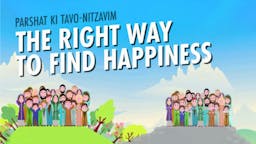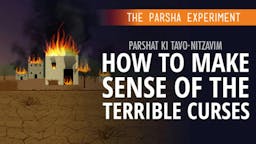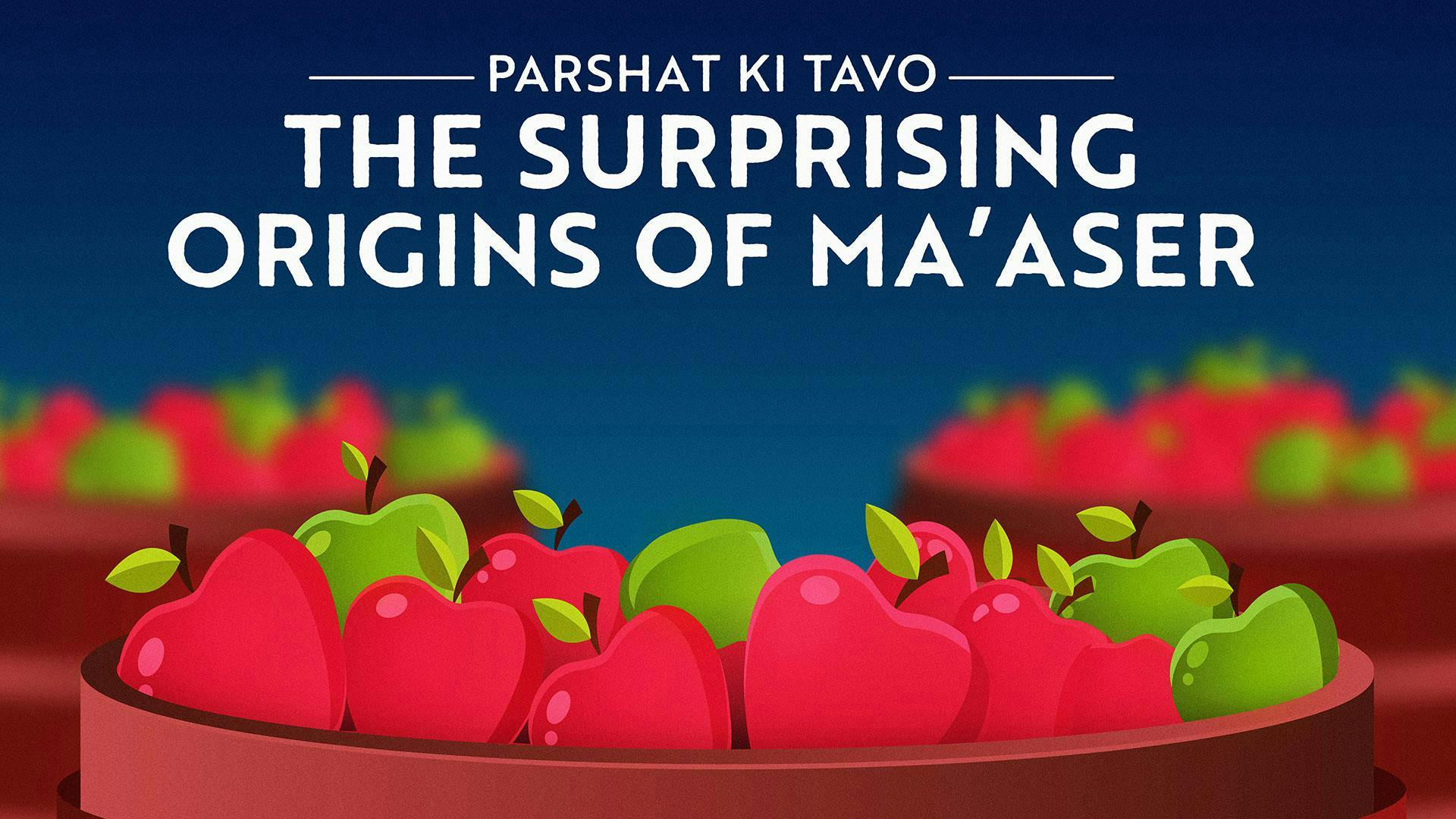D’var Torah on Parshat Ki Tavo
Why do we “Confess” Our Tithes?
By Evan Weiner | 15 April 2024 | 3 Minute Read
Viduy Ma’aser
A Strange Mitzvah
Parshat Ki Tavo opens by telling the children of Israel about some of the new laws they will have to keep when entering the Land of Israel, including the law of tithes, ma’aser. This is when we separate out some of what we’ve grown in the past year, and give some to the Levite, some to the needy, or we bring it to Jerusalem and eat it ourselves.
The truth is, we heard about the basic law of tithing earlier in the Torah. What is new here, in Ki Tavo, is the law of viduy ma’aser, the declaration of ma’aser. Apparently, it is not enough just to give your tithes. Every three years, you have to stand before God and declare:
וְאָמַרְתָּ לִפְנֵי יְהֹוָה אֱלֹהֶיךָ בִּעַרְתִּי הַקֹּדֶשׁ מִן הַבַּיִת וְגַם נְתַתִּיו לַלֵּוִי וְלַגֵּר לַיָּתוֹם וְלָאַלְמָנָה כְּכׇל מִצְוָתְךָ אֲשֶׁר צִוִּיתָנִי לֹא עָבַרְתִּי מִמִּצְוֺתֶיךָ וְלֹא שָׁכָחְתִּי׃
You shall declare before your God יהוה: “I have cleared out the consecrated portion from the house; and I have given it to the Levite, the stranger, the fatherless, and the widow, just as You commanded me; I have neither transgressed nor neglected any of Your commandments:
(Deuteronomy 26:13)
This is a super strange mitzvah. We already gave our tithes. God knows that. We know that. Who are we informing here?
To put it in context there is no obligation to stand before God and declare, “behold, I shook my Lulav.” Nor is there a mitzvah to exclaim, “I ate my matzah.” In fact, there is not a single one of the 613 mitzvot in the Torah that comes with a declaration… except for ma’aser.
So what makes ma’aser unique?
The First Ma’aser
A great place to look for an answer is the first time in the Torah where we are actually introduced to the idea of tithes. Where is that? Well, there happens to be a story from much earlier in the Torah — about one of our forefathers, Jacob, who made a vow to give ma’aser to God. To set the scene, Jacob had just taken the blessings that were meant for his brother Esau, sending Esau into a murderous rage. Jacob was forced to run away, and the first night, when Jacob stops to rest, God comes to him in a dream and promises to take care of him. When Jacob wakes up, he turns to God and says:
אִם יִהְיֶה אֱלֹהִים עִמָּדִי וּשְׁמָרַנִי בַּדֶּרֶךְ הַזֶּה אֲשֶׁר אָנֹכִי הוֹלֵךְ וְשַׁבְתִּי בְשָׁלוֹם אֶל בֵּית אָבִי וְכֹל אֲשֶׁר תִּתֶּן לִי עַשֵּׂר אֲעַשְּׂרֶנּוּ לָךְ:
If God will be with me on this path that I walk, and returns me in peace to my fathers house, I shall tithe to Him from everything He gives me.
(Genesis 28:20)
This is the first ma’aser in the Torah. Jacob is promising that when God returns him home, he will show his gratitude by paying tithes.
An Odd Ending
So there we have it. Hundreds of years before God tells us the laws of ma’aser, Jacob, on his own, volunteers to give ma’aser to God. What a great thing for Jacob to do!
But there’s something odd about this story. Jacob says he’s gonna give ma’aser... but does he ever actually give it? Well, that’s the funny thing. The Torah never actually records him giving the ma’aser he promised.
Now, you might argue that the absence of Jacob’s giving ma’aser in the Torah doesn’t mean it didn’t exist. But if we are right, and Jacob really did fail to follow through on his promise, then that would provide a perfect inspiration for the commandment of viduy ma’aser. Jacob, the inventor, so to speak, of tithes, never brought his ma’aser, so every year when we bring our tithes, we make a whole big deal about the fact that we actually followed through and really did bring it.
Something Missing
I don’t know about you, but something seems off about this. I mean, it's really great that we’re able to actually follow through on our obligation to give ma’aser, but why do we need to make a whole show about that just because Jacob failed to. Are we trying to say we are better than Jacob? It feels like we are missing a piece of this puzzle.
That piece, I believe, lies in another question we need to ask: Why didn’t Jacob give his ma’aser in the first place? Surely, he didn’t just forget. There must be a backstory!
Indeed, as we will see, there is, and that backstory explains just why it is such a big deal for us to bring ma’aser every year and just why it deserves such a declaration. For that though, you'll have to continue to the video below. Enjoy!
More Parshat Ki Tavo Videos

Bikkurim: The Historical Significance Of The First Fruits Offering
Video • 9 min
Parshat Ki Tavo introduces the topic of bikkurim, the offering of first fruits. But Rabbi Fohrman notes some oddities in the text and asks why the Torah would paint such a confusing picture, and what are these mysterious silences?

What Does The Bible Say About True Happiness?
Video series • Part 1 of 2 • 12 min
The first section of Parshat Ki Tavo tells us what a farmer must declare after offering Bikkurim, the first fruit. The second section lists the blessings and curses that will befall Israel depending on whether they keep their covenant with God. What is the common message that unifies this parsha? In this two part series, extending to Nitzavim, Rabbi Fohrman uncovers a hidden message of how to find true happiness.

How Do We Explain The Curses In Deuteronomy?
Video series • Part 1 of 2 • 15 min
God promises us dark, sadistic curses, if we don't live up to our responsibilities to Him. Parshat Ki Tavo is so difficult to read, how could God be so cruel to us? This video grapples with the incredibly difficult curses of Ki Tavo.
More on Parshat Ki Tavo
What is Aleph Beta?
Aleph Beta is a unique kind of Torah library. Led by our founder, Rabbi David Fohrman, we are dedicated to high-level, textual Torah learning for adults that is intellectually and spiritually sophisticated, that enlivens your Jewish practice and helps you forge a deeper connection to God. Whether you’ve been learning in yeshiva for years or you’re just beginning your Torah journey, you’re sure to find something meaningful and surprising waiting for you here.
Browse our library of over 1,000 beautifully produced animated videos, podcasts, deep dive courses, and printable guides. Topics include the weekly parsha, Jewish holidays & fast days, laws & mitzvot, prayers, relationships, big philosophical ideas and more. Have something to say at the Shabbos table that will amaze your family and guests and bring deep meaning into their lives.


